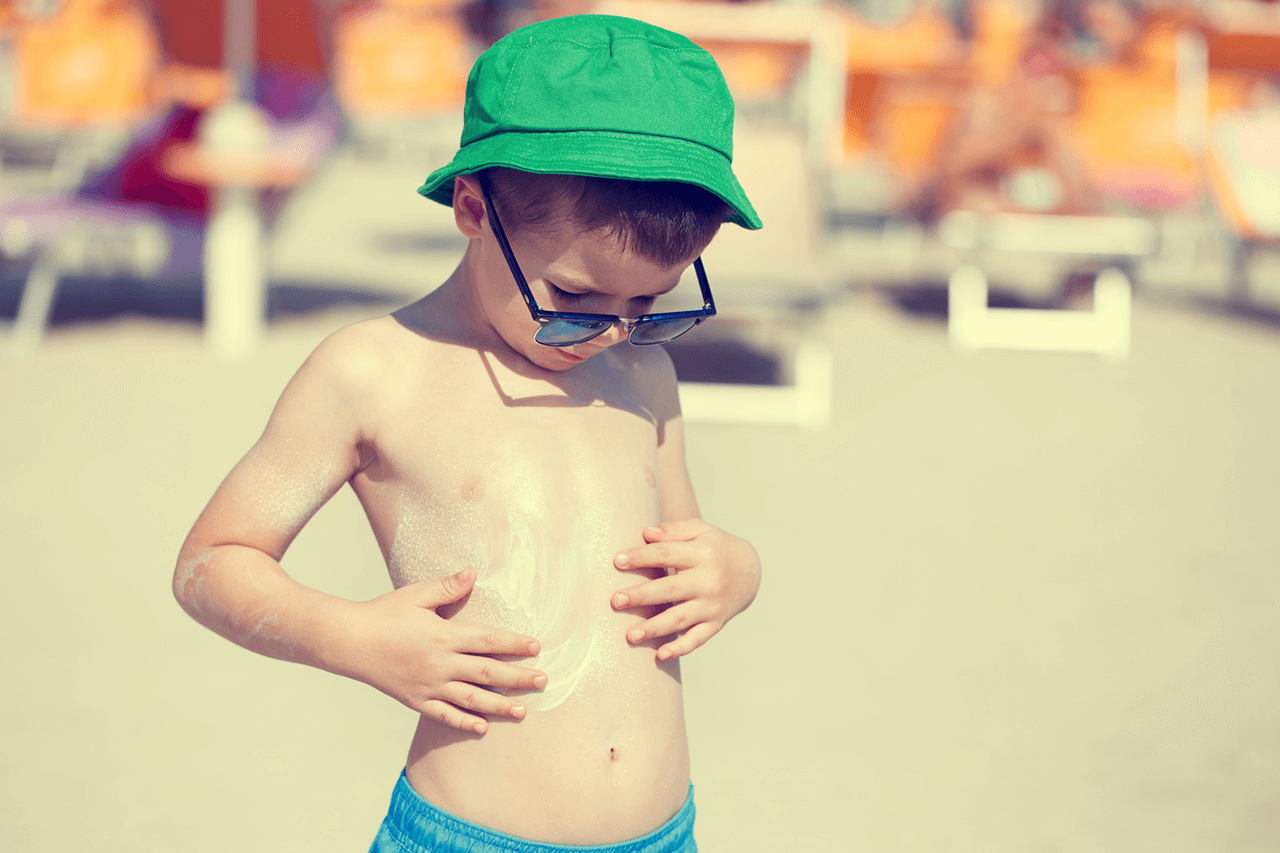Using sunscreen should be as normal as drinking water or putting on a hat to prepare for an outdoor adventure. Too many Americans ignore the warnings about the sun, but if protecting your skin from early signs of aging, sun spots, wrinkles, burns or cancer is important to you, read on.
Now that people know about the cancer causing risk of sunbathing, the question is whether you can trust that your sunscreen protects you like it says it does. Both Consumer Reports and EcoWatch have stories discussing the dangers of sunscreen product misrepresentation.
In its 9th Annual Sunscreen Guide, the Environmental Working Group concluded that 80 percent of the 1,700 sunscreen products on the market offer inferior sun protection. The EWO also found many sunscreens contain harmful chemicals, including popular brand name products like Banana Boat, Coppertone, CVS and Neutrogena. Some sunscreens that claim to be hypoallergenic actually contain a skin allergen.
There is a lot of misinformation being spread about sunscreen so let’s go over the basics about why we use the protection:
- SPF stands for sun protection factor. If your skin burns after being in the sun for 10 minutes without any protection, an SPF 30 means it will provide 30 times the protection of no sunscreen and you can be in the sun for 300 minutes before you start to burn.
- You will have to reapply sunscreen several times a day if you are outdoors. While the sunscreen may last for 300 minutes, if you sweat or swim or add and remove clothing, sunscreen can wear away more quickly. It is recommended to reapply every couple of hours even if you use a water resistant product.
- We want sunscreen to block out harmful Ultra Violet A sun rays that are responsible for the early signs of aging like wrinkles and sun spots, and Ultra Violet B sun rays that are responsible for burning the skin and causing melanoma skin cancer.
Don’t be fooled by big numbers. Sunscreen experts say using an 80 or 100 SPF product doesn’t provide more protection than a 30 SPF since most sunscreens block out 90 percent of the sun’s harmful rays. It is recommended to liberally use at least a 30SPF about 30 minutes prior to going outdoors so the skin can absorb the sunscreen.
Now that you are informed you can wisely select a sunscreen product that works for your family. While sunscreens vary in price, it’s not necessary to spend a fortune to be safe. Here are 5 economically-priced sunscreens you can trust:
- California Baby Everyday/Year-round Sunscreen, SPF 30+
- Earth’s Best Mineral Sunscreen Lotion, SPF 30 +
- TiZo Pure Mineral Protection, Ultra Sensitive Skin, SPF 35
- TruKid Sunny Days Daily Sunscreen, SPF 30+
- Tropical Sands All Natural Biodegradable Sunscreen, Coconut Scent, SPF 30
